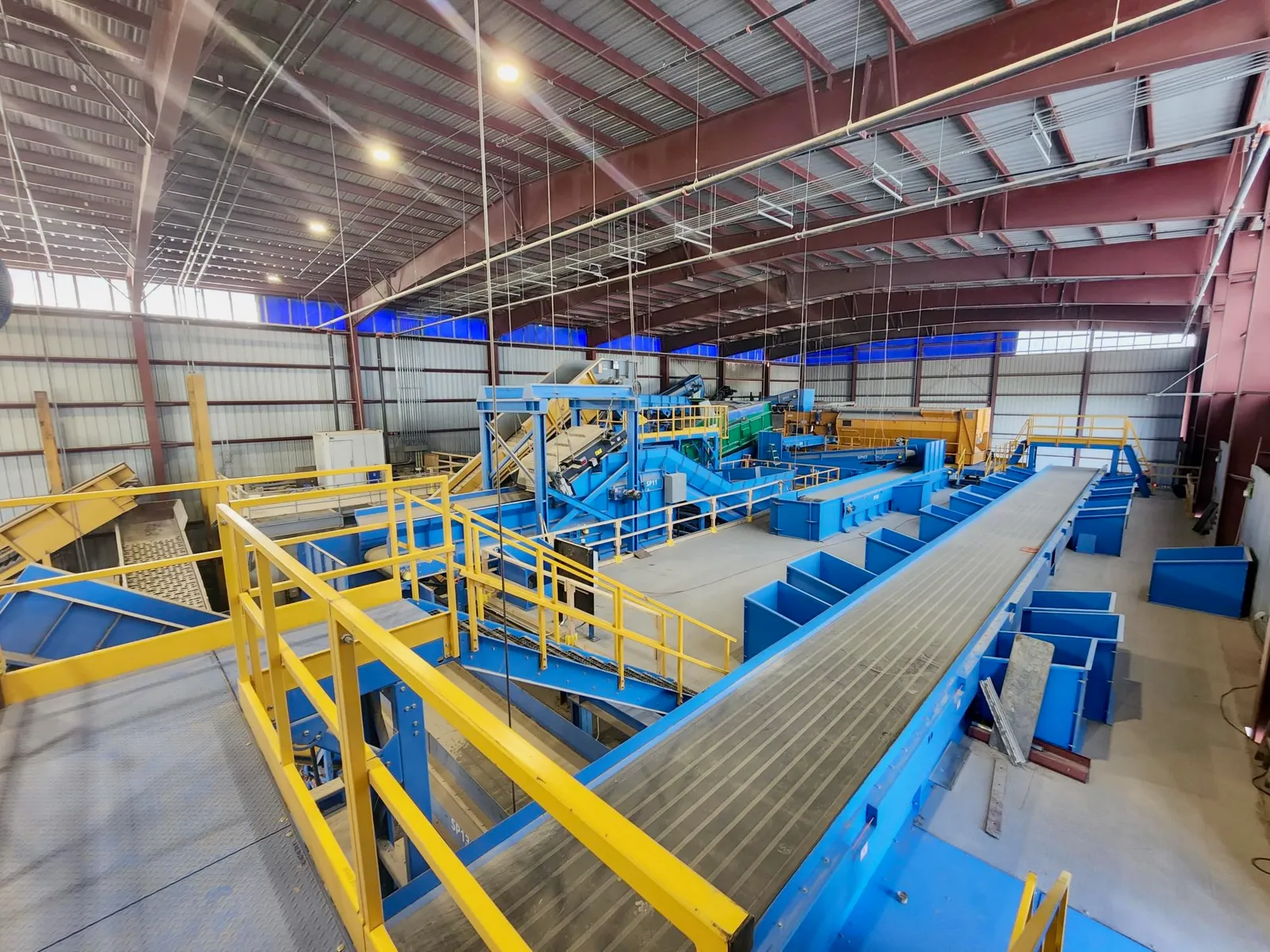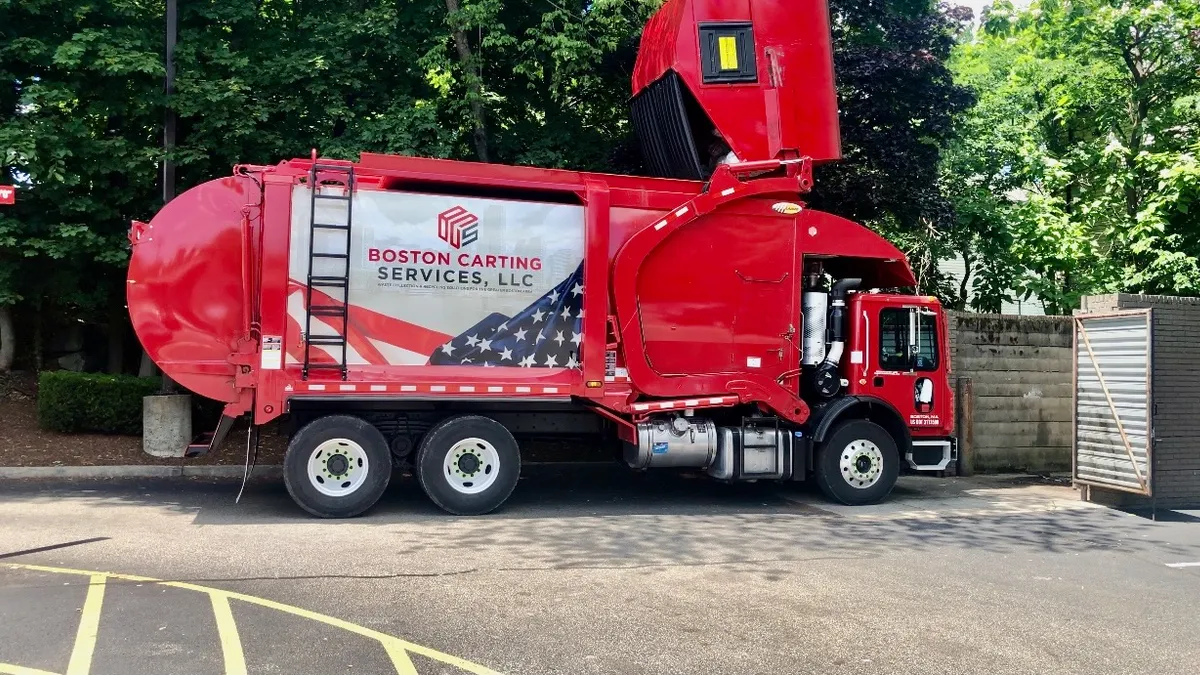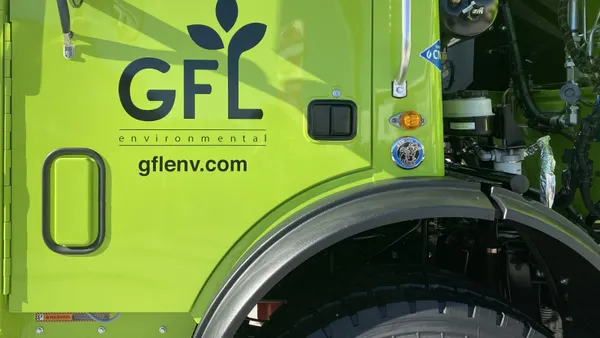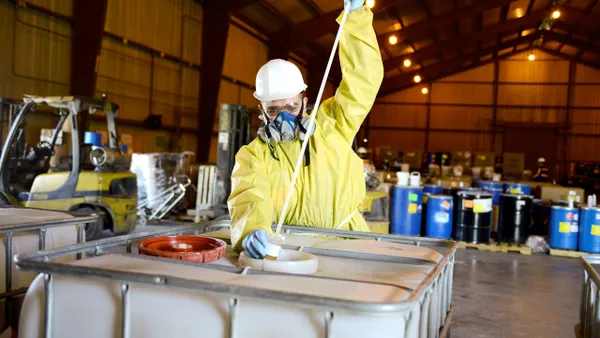Following a new round of private equity investment, Massachusetts-based Boston Carting Services has ambitious plans to continue its quick expansion. As the region’s well-known disposal capacity challenges only worsen, the company that launched in 2018 sees multiple opportunities to offer alternatives.
“I see an opportunity to grow a lot bigger than we are today,” said CEO Patsy Sperduto. “It’s the hottest market in the country. The economy is still really strong here, the housing market is still really strong, and we keep on seeing growth everywhere we go.”
Earlier this month, Clairvest Group and Clairvest Equity Partners VI acquired a majority interest in Star Waste Systems, the parent company of Boston Carting, as part of a recapitalization plan to spur further growth. This followed an October 2020 investment by Ironwood Capital and Laurel Mountain Partners that helped Boston Carting acquire local hauler FW Russell. The two firms will remain as investors following the deal, and each has a seat on the company’s board of directors.
“We've done over a dozen waste deals here, and Patsy's one of the top performers in terms of executing in a very short period of time, seizing the opportunity and knowing the market and landscape,” said Dickson Suit, a partner at Ironwood. “We're very, very bullish about the state of the market here with the Greater Boston area.”
Sperduto has approximately 25 years of industry experience, including a stint at WM and other ventures of his own. Prior to Boston Carting, he founded Rhode Island company Waste Haulers, which was later sold. Sperduto launched this latest venture with the acquisition of Jet-A-Way in 2018, followed by multiple other transactions prior to the Russell deal.
Since April 2021, Sperduto estimates Boston Carting’s commercial collection revenue has tripled and it has grown to have approximately 100 employees represented by Teamsters Local 25. Boston Carting also has expanded its share of municipal contracts in the region and converted the vast majority of its residential work to automated collection, with the cities of Somerville and Chelsea among the exceptions.
Servicing municipal contracts has proven challenging for a variety of companies throughout the country during the pandemic, due to heightened volumes and ongoing labor struggles, but Sperduto said “our residential business is profitable” and attributed the company’s lack of serious labor issues to it having a largely unionized workforce.

Another notable development for related company North Andover Waste Systems has been the rehabilitation and development of a facility that has dual capabilities to recycle C&D as well as transfer MSW and C&D. Sperduto said the site will soon be permitted to handle up to 156,000 tons of material per year, with the hope that permit capacity could grow to 200,000 tons per year in 2023 and support a second shift. Material is transported by truck from the facility to rail-served locations owned by WIN Waste Innovations.
Looking ahead, Sperduto said he is pursuing five potential development projects supported by the recapitalization. They include a cardboard baling/recycling facility that could also do paper shredding, a rail transfer project and an automated mattress recycling facility. The mattress facility is intended to tie in with a state disposal ban that takes effect later this year.
In another move inspired by the region’s waste policy and limited capacity, Boston Carting will be experimenting with organics collection in the town of Milton; Sperduto said organics will be “one of our key focuses in 2023.” While the region has a robust commercial organics collection market due to state policy drivers — and some cities such as Boston are working to expand their own services — residential organics service traditionally has not been a focus for many of the area’s larger haulers. Sperduto believes labor constraints have been a factor, but he sees the market as ripe for more competition.
“We think it's time to go in there. Plus, the tight disposal market and the increase in disposal expenses says it's time to do something to change the game a little bit and divert some of that volume,” he said.
Boston Carting also expects to continue growing through acquisitions. The region has seen increasing competition and consolidation in recent years by much larger companies such as Republic Services, Waste Connections and WIN Waste, but backers of Boston Carting believe it can compete on multiple fronts.
“There's a fair amount of developmental opportunities that could have a very positive impact on the market in terms of making more disposable capacity available. So we're going to pursue those in earnest,” said Jeff Kendall, managing director at Laurel Mountain Partners. “And there are still, surprisingly, a number of acquisition opportunities, and we'll pursue those as well.”
Sperduto said the company has no plans to cash out with a sale in the near term, and he believes it can be successful in getting midsized acquisitions, even in a market with much larger players.
“I think we’ve got a little bit of an edge because we could be a little quicker, and we probably have more of an open mind about how to structure a deal and how to get it done,” he said. “We can compete with almost anybody on a midsized size deal, $50 million or less.”












